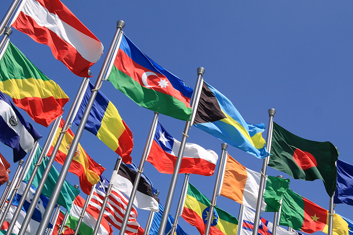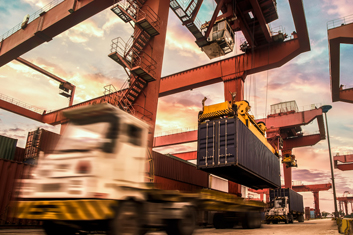About this agreement
Key benefits
Eligibility
Use the Tariff Finder to see if your product is eligible to enjoy this FTA's tariff concessions.
Alternatively, you can explore the following steps to check your eligibility.
-
Your product’s preferential rate
-
Your product’s rule of origin
Rules of origin are a set of criteria which determine a product's originating status in each respective FTA.
It is put in place to ensure that only goods originating from the FTA partner countries will benefit from tariff concessions.
Apply
Under the CPTPP, exporters will simply need to self-certify that the exported product meets the CPTPP rules of origin criteria to qualify for preferential tariff treatment. There is no standardised format for the self-certification; however, certain minimum data requirements identifying the goods must be fulfilled, as detailed in Annex-3B Minimum Data Requirements of Chapter 3's Rules of Origin and Origin Procedures.
Resources
-
CPTPP markets' websites
The CPTPP is geared towards helping SMEs lower business costs through the removal of tariffs and updating of trade and investment rules. SMEs can benefit from better access and easier integration into the supply chains of CPTPP markets.
Find out more from the other CPTPP markets’ websites on relevant regulations and procedures related to cross-border trade:
- Australia’s SME website
- Canada’s SME website
- Japan’s SME website
- New Zealand’s SME website
- Australia’s CPTPP website
- Canada’s CPTPP website
- Chile’s CPTPP website
- Japan’s CPTPP website
- Malaysia’s CPTPP website
- Mexico’s CPTPP website
- New Zealand’s CPTPP website
- Peru’s CPTPP website
- Vietnam’s CPTPP website
-
Provide feedback on Chapters 19 and 20
The Comprehensive and Progressive Agreement for Trans-Pacific Partnership (CPTPP) is a Free Trade Agreement (FTA) between 11 countries: Australia, Brunei Darussalam, Canada, Chile, Japan, Malaysia, Mexico, New Zealand, Peru, Singapore and Vietnam. Under the Labour and Environment chapters of the CPTPP, members of the public may provide feedback related to the Labour or Environment Chapter through the public submission form listed below.
Chapter 19 – Labour Chapter
Click here to access the CPTPP Labour Chapter (Form for submission to Ministry of Manpower).
Your submission will be routed to the Ministry of Manpower (MOM). We aim to respond to you within 14 working days of receipt of eligible submissions. If you have any queries or matters that require clarification, you may contact us at mom_consultations@mom.gov.sg.
Chapter 20 – Environment Chapter
Click here to access the CPTPP Environment Chapter (Form for submission to Ministry of Sustainability and the Environment).
Your submission will be routed to the Ministry of Sustainability and the Environment (MSE). We aim to respond to you within 14 working days of receipt of eligible submissions. If you have any queries or matters that require clarification, you may contact us at mse_international@mse.gov.sg.
Need additional help?
Comprehensive and Progressive Agreement for Trans-Pacific Partnership (CPTPP)



